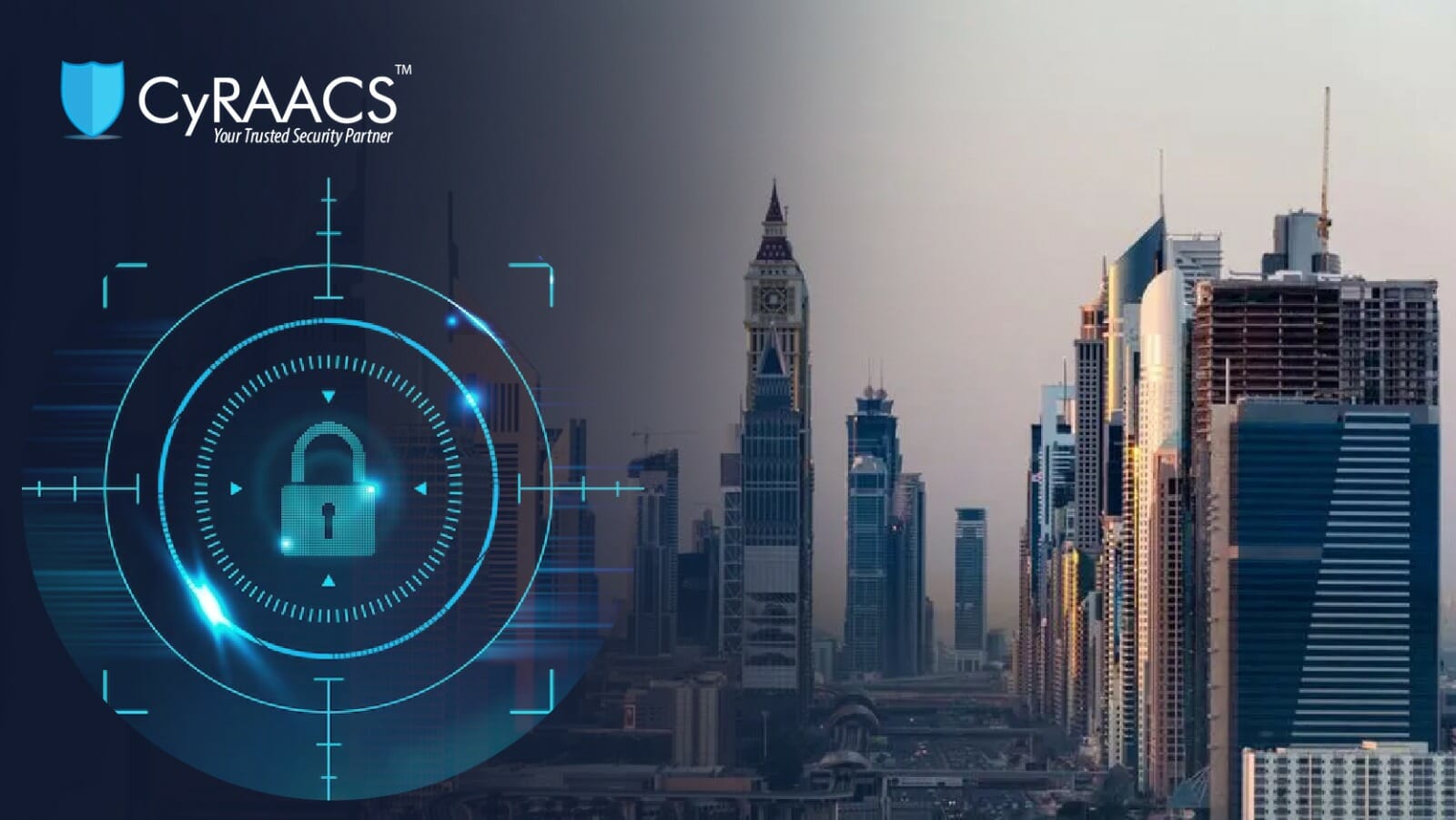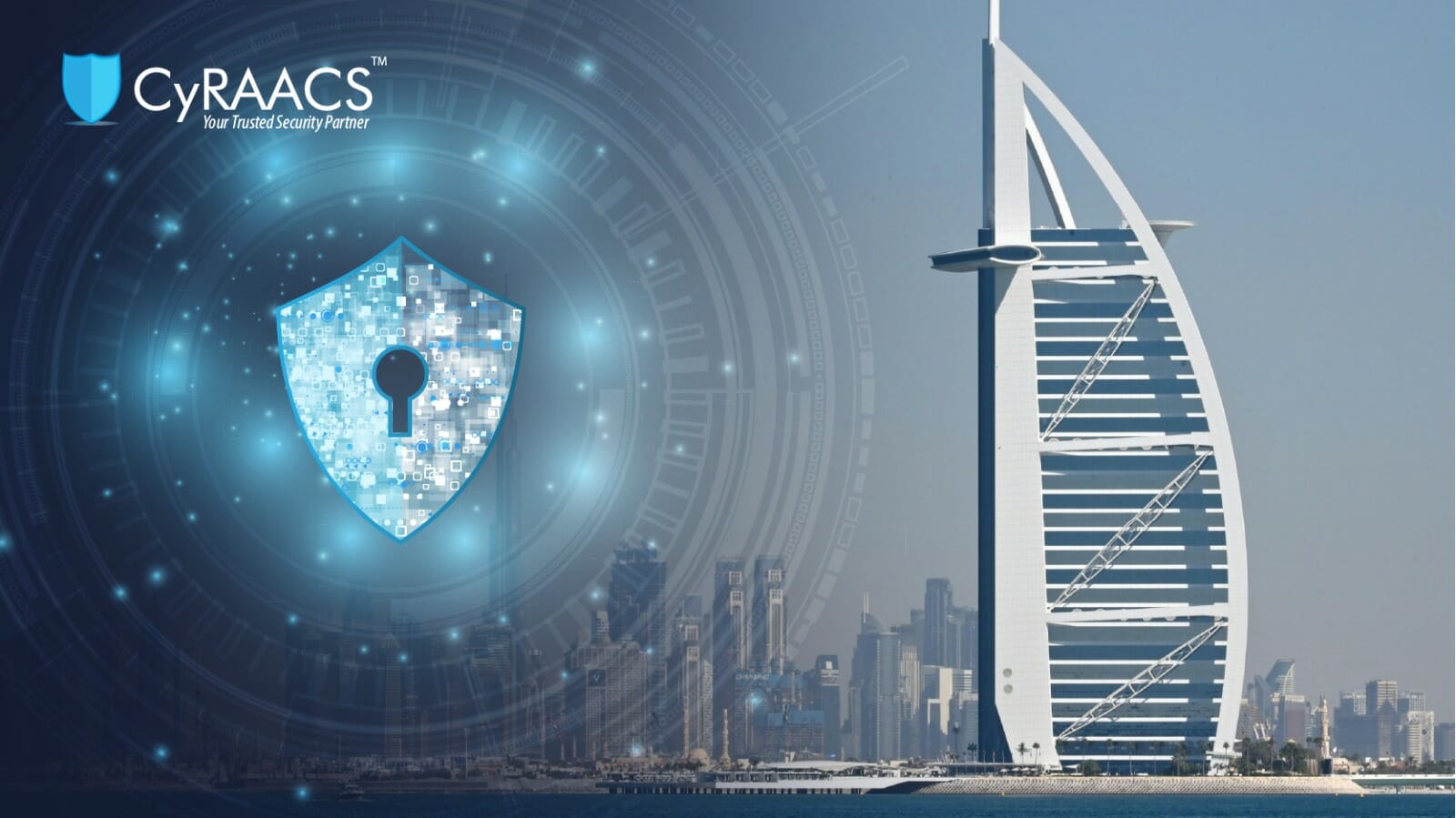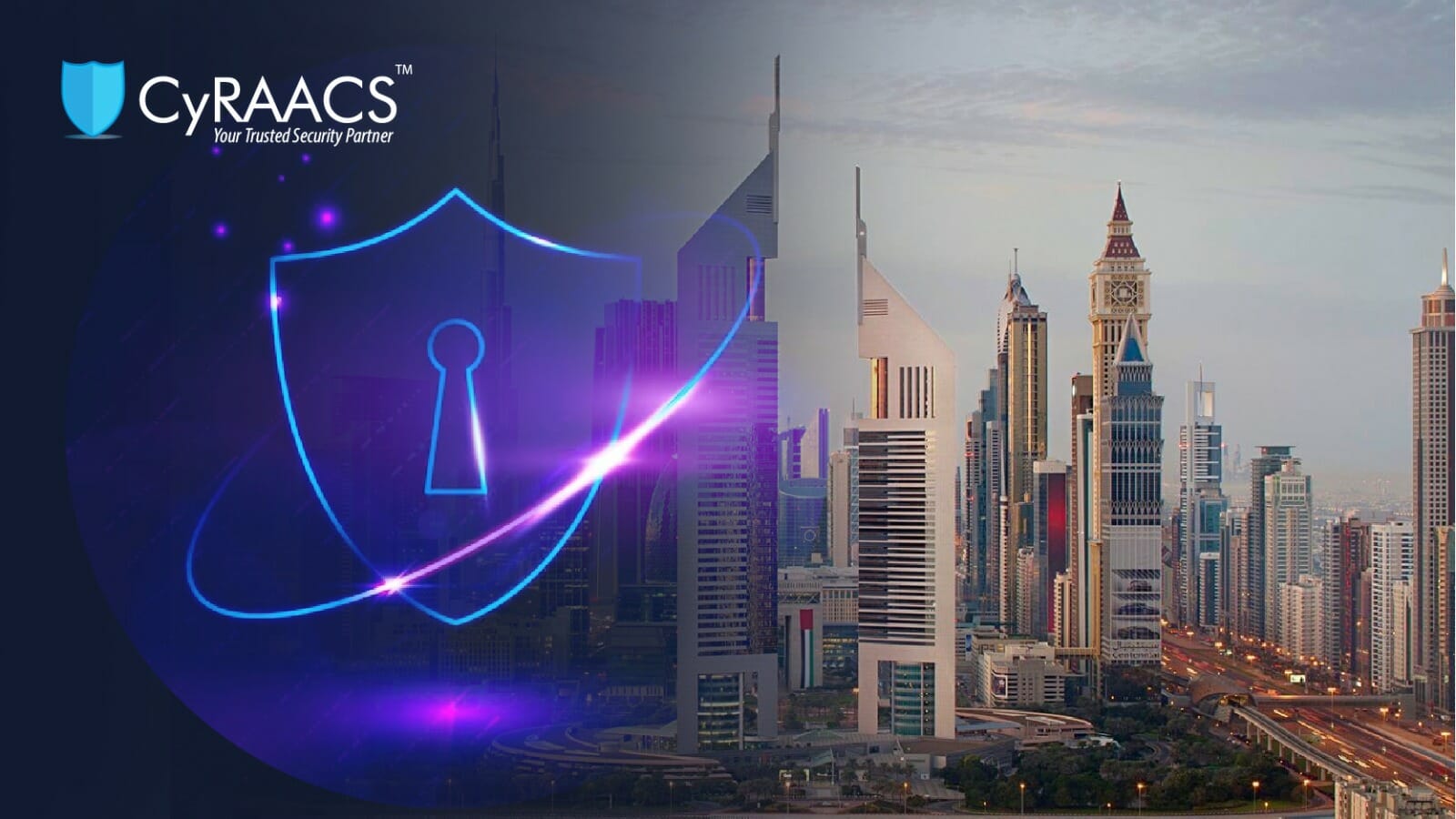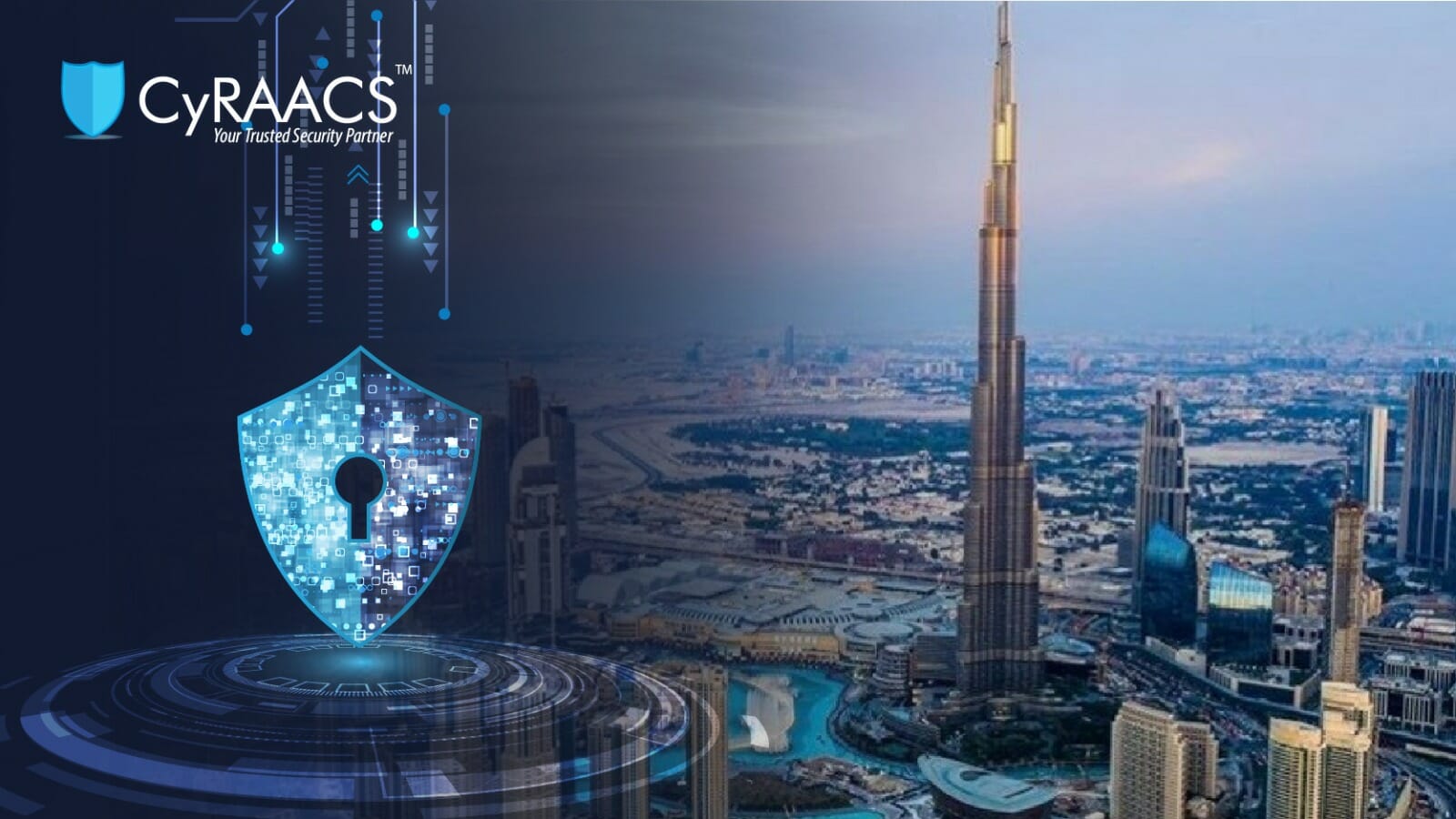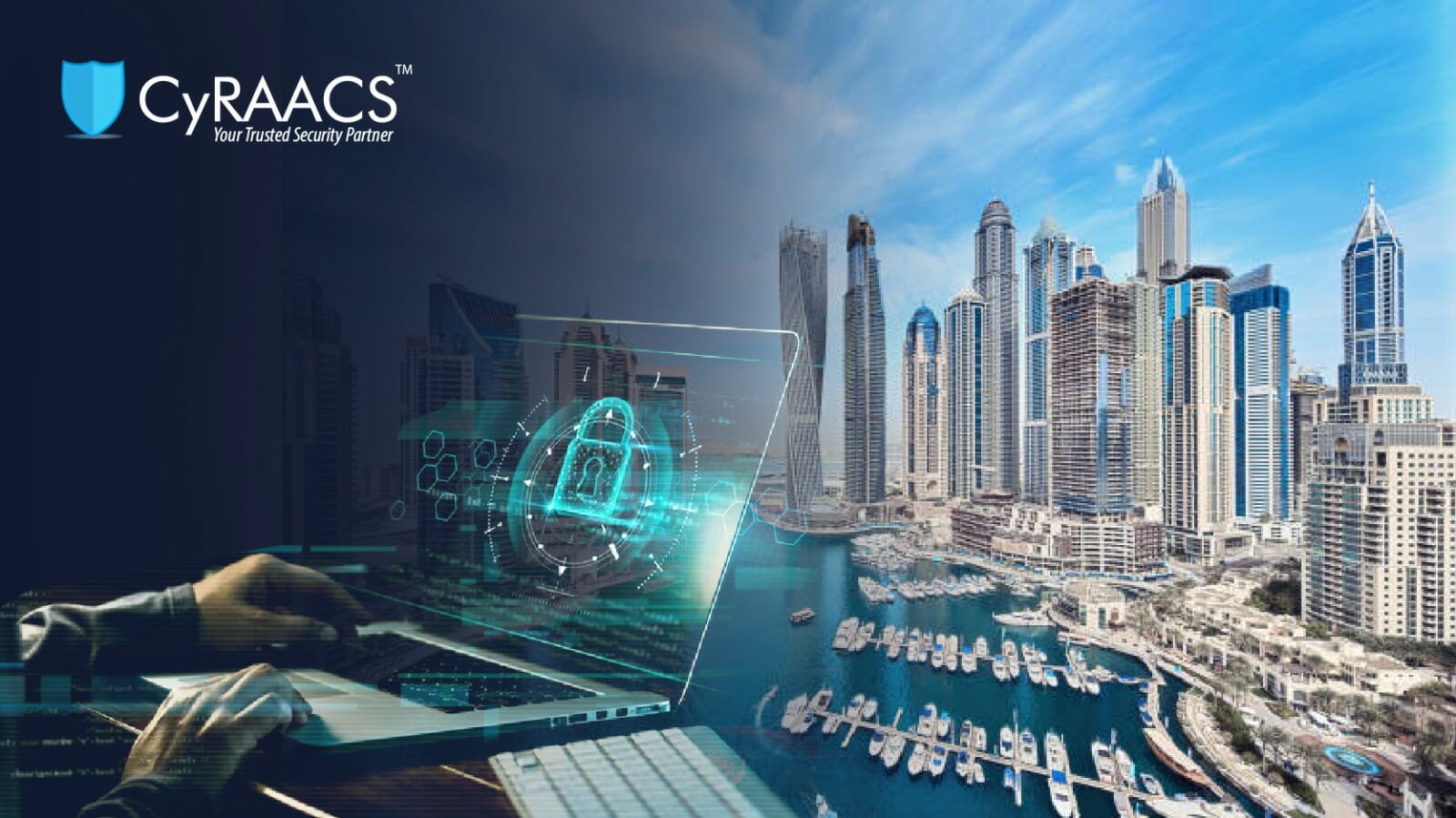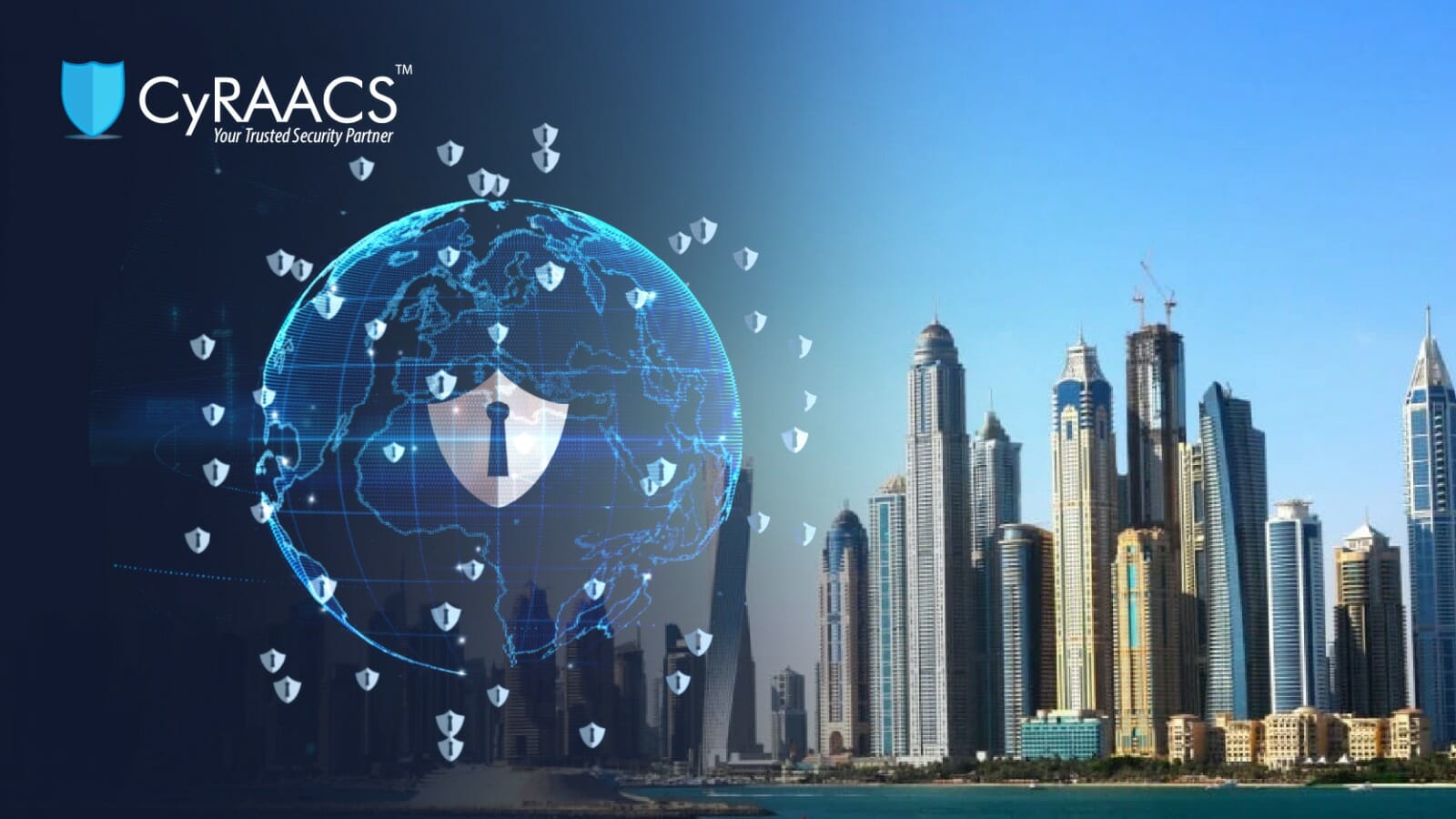You can find answers to some of the most frequently asked questions here, so feel free to send us a message if you do not find what you are looking for.
Cyber security is a term used to describe the protection of networks, devices, and data from malicious attacks, unauthorized access, and other cyber-related threats. It is a critical component of any organization’s digital strategy and must be taken seriously. Cyber security involves the implementation of measures to protect networks, systems, and data from unauthorized access, data theft, malware, and other malicious activities. It also includes the development of policies, processes, and procedures to ensure the safety of sensitive information. Additionally, cyber security includes the use of various technologies such as firewalls, encryption, two-factor authentication, and intrusion detection systems to protect networks, systems, and data.
What are the different types of cyber threats?
Cyber threats are malicious activities that target computer systems and networks, and can range from viruses, worms, and malware to phishing, ransomware, and identity theft. Viruses are malicious programs that can infect a computer and spread to other computers, while worms are similar to viruses but can spread without the use of a host file. Malware is software that is designed to damage or disrupt a computer system, while phishing is the use of fraudulent emails to acquire sensitive information. Ransomware is a type of malware that locks down a computer system and demands payment in exchange for unlocking it, while identity theft is the unauthorized use of someone else's personal information.
How can I protect my online information?
There are a few steps that can be taken to help ensure that personal data is secure. Firstly, strong passwords should be used for all online accounts, with a combination of upper and lowercase letters, numbers, and symbols, and those passwords should be changed regularly. Secondly, two-factor authentication should be enabled when available, as this provides an additional layer of security. Thirdly, personal information should not be shared on public forums or websites. Fourthly, it is important to be aware of phishing attempts, which can be used to gain access to personal information. Do not click on any suspicious links. Finally, use a reliable antivirus and anti-malware software to protect your computer from malicious software. By following these steps, individuals can help protect their online information from cyber criminals.
What are the different types of cyber security?
Cyber security is divided into three main categories: network security, application security, and endpoint security. Network security focuses on protecting the infrastructure of the network, while application security focuses on protecting the software applications that run on the network. Endpoint security focuses on protecting the individual devices that are connected to the network, such as laptops, phones, and tablets. Additionally, there are several other types of cyber security, such as cloud security, identity and access management, and data security. By understanding and implementing the different types of cyber security, organizations can protect their data against cyber attacks.
How can I protect myself from cyber security threats?
Cyber security is an essential part of protecting our digital lives. To protect ourselves from cyber security threats, we need to be aware of the potential risks and take steps to protect ourselves. We should use strong passwords for our accounts, avoid clicking on suspicious links, and keep our systems up to date with the latest security patches. We should also be careful about what we share online, as personal information can be used to access our accounts. Additionally, it is important to use two-factor authentication when available and to use a reputable anti-virus program to scan for malicious software. By taking these steps, we can protect ourselves from cyber security threats and ensure that our digital lives remain secure.
Do you have more questions?
Contact us now.
